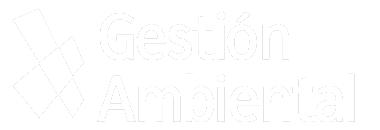CENAT-CONARE scholarships
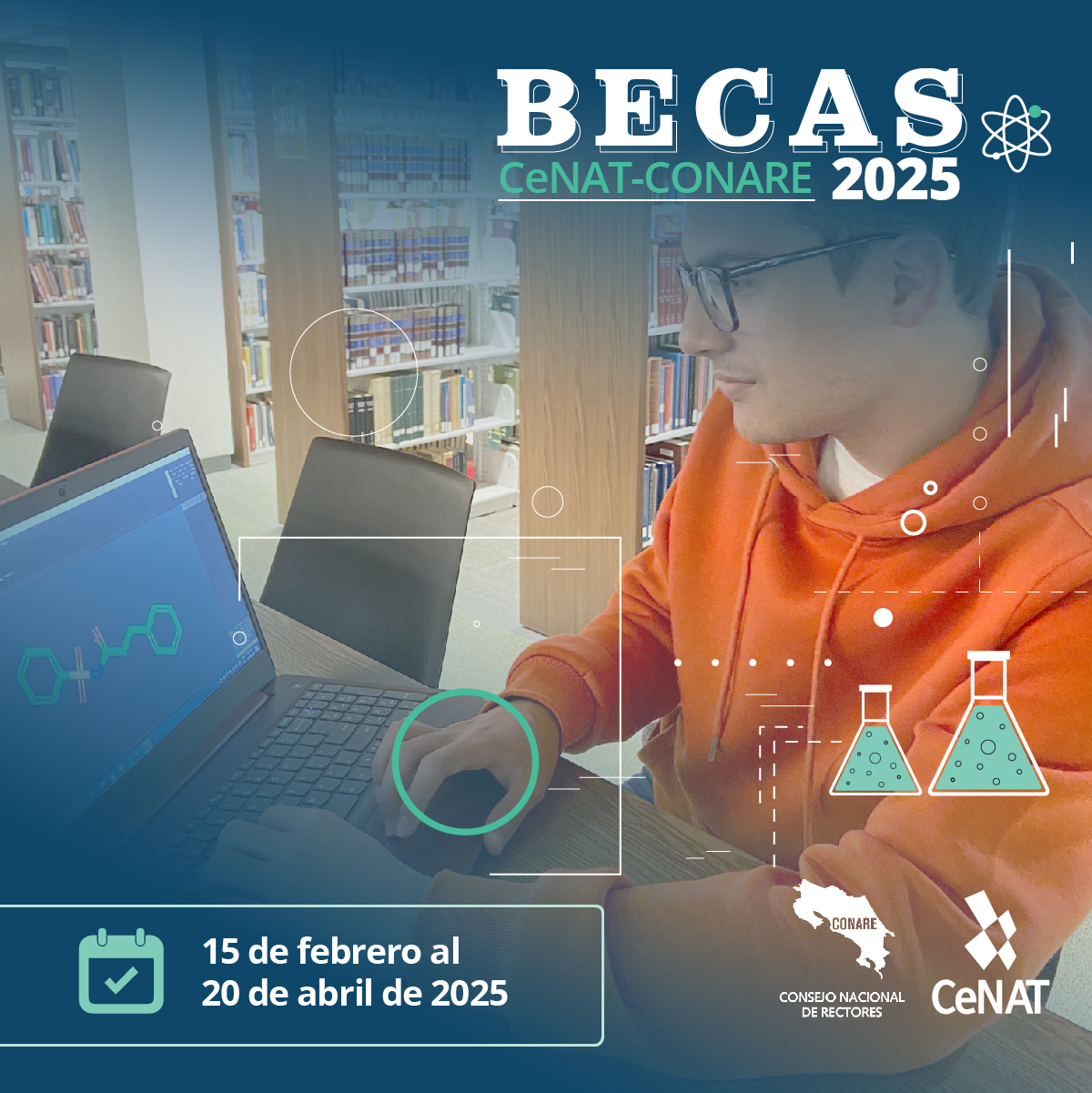
In order to support students and respond to the need of public universities
to provide students with access to high-tech facilities,
such as laboratories and specialized equipment available at
Centro Nacional de Alta Tecnología (CeNAT- CONARE),
the CeNAT-CONARE Scholarship Fund was created so that they can develop
their projects.
.
These works or research (thesis or graduation project)
should be related to CeNAT's areas of work,
namely: advanced computing, nanotechnology, biotechnological innovations,
environmental management
(climate change, food security, and others), and remote sensors and airborne images.
.
The scholarship consists of access to and use of the
CeNAT laboratories and equipment,
support or advice from the specialized
staff of the Center, and an economic fee that
contributes to the purchase of reagents, materials, food, and transportation,
among other costs..
The scholarship consists of
access to and use of the CeNAT laboratories and equipment,
support or advice from the specialized staff of the Center, and an economic fee that contributes to the purchase of
reagents, materials, food, and transportation, among other costs.
.
This contest is aimed at advanced undergraduate or postgraduate students from the member universities of
CONARE, who carry out research work and are duly registered in the respective academic units or their final graduation
works in the corresponding modality (thesis, graduation project) are conducted in the areas of:
Genetic
Biotechnology
Nanotechnology
New materials
-
Environmental Management (climate change, food security, others)
The works or investigations must be carried out substantively in the CeNAT laboratories and using the resources that these laboratories have.
Documents
Download the cost tables
CeNAT-CONARE Scholarship Regulations
To apply to CeNAT-CONARE scholarships you must fill out the form with all the information requested.
Deadlines
Proposal receptions: From December 10, 2023 to April 05, 2024
Assessment and approvals: From April 15, 2024 to June 16, 2024
Communication of accepted proposals: July 2024
Inscription
To apply for a scholarship you must first create an account and complete the form that you can access at the following link :
Scholarship cases
The scholarships will support research and thesis on topics related to:
CENIBiot
- Treatment and Reuse of Residues and Waste from Agroindustry Biocontrollers, Biopesticides and Biofertilizers
- Synthesis of Biofuels from Plant Biomass
- Production of Microorganisms for: Bioremediation and Water Decontamination Waste, Fermentative Processes of Industrial Application and Bioprocesses in General.
- Plant Biotechnology: Cultivation of Cells in Bioreactors
- Use of Natural Resources (Microorganisms, Organisms, Metabolites, Bio-Molecules, among others) for the Formulation of Products of Industrial Interest in the Areas: Food, Nutritional, Cosmoceutical, Pharmaceutical
CNCA
- Modeling and simulation
- Pattern recognition
- Data mining
- Mechanical learning
- Parallel computing
- Bioinformatics
- Big Data
Gestión ambiental
- Generation of value added products from waste agroindustrial.
- Support for the sustainable development of populations based on the protection of the environment and its sustainable development
- Variability and Climate Change
- Food Safety, Agromatic and Slow Food
Lanotec
- Nanoelectronics
- Nanomaterials
- Nanotechnology applications
- Applications of nanotechnology in the search for new forms of energy
Prias
- Geodesia
- Kinematic lifting in real time
- SIG
- Territorial planning and zoning
- Land use / change analysis
- Forest fires
- Management and proposal of biological corridors
- Delimitation of basins and studies in the Golfo Dulce
- Remote sensing
- Coastal dynamics, analysis of changes and study of water quality
- Spectral signatures, field radiometry, hyperspectral data treatment in forest and crops.
- Socio-geo-maritime studies in the Exclusive Economic Zone of Costa Rica andinland waters
- Morphological changes through remote sensing and SAR applications
- Monitoring and characterization of active faults using Radar sensor and InSAR techniques
- Photogrammetry
- Electronics applied to unmanned aerial craft technologies
- Photogrammetry and applications
- Computer science
- Scenario development for flood zones
- Algorithms for geomatics and econometric models
- Neural networks, pattern recognition and big data
- Spatial databases and data mining
- Machine learning analysis and data mining
- IDE
- Development of cartographic viewers
- Developing a restful api architecture
